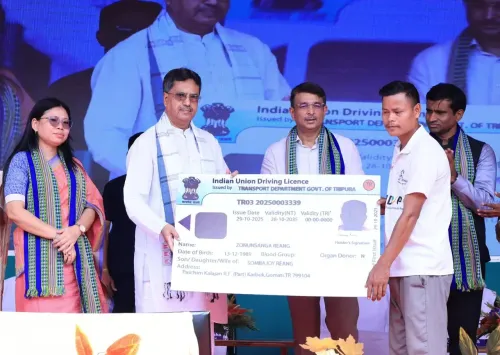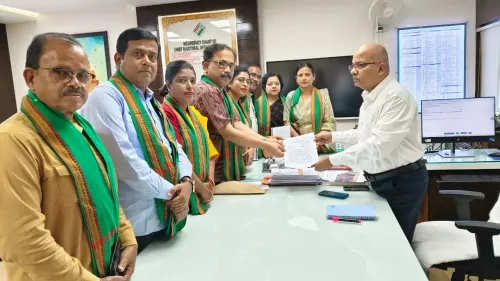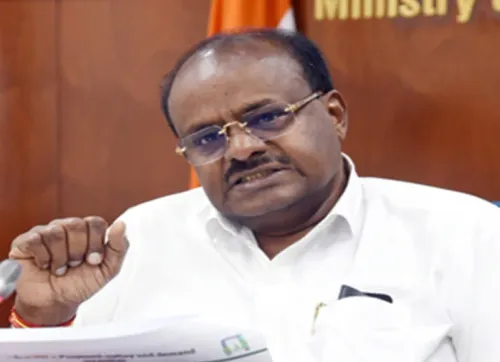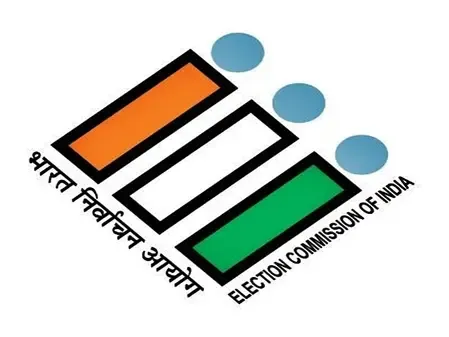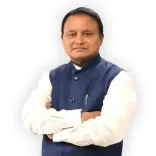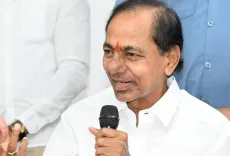What Did Indian and Canadian NSAs Discuss on Counterterrorism and Security?
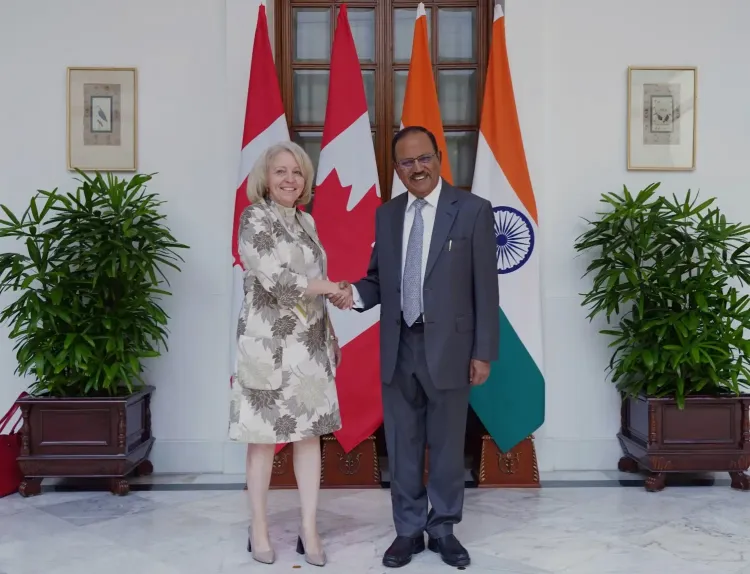
Synopsis
Key Takeaways
- Strengthened bilateral cooperation in counterterrorism and security.
- Focus on combating transnational organized crime.
- Importance of intelligence sharing between India and Canada.
- Need for adequate security for diplomatic missions.
- Resolution of strained relations through high-level dialogues.
New Delhi, Sep 20 (NationPress) National Security Advisor (NSA) Ajit Doval and his Canadian counterpart, Nathalie G. Drouin, engaged in discussions aimed at enhancing the bilateral cooperation in vital areas including counterterrorism, tackling transnational organized crime, and facilitating Intelligence exchanges, as stated by the Ministry of External Affairs (MEA) on Saturday.
The meeting took place on September 18 in New Delhi, as part of the ongoing bilateral security dialogue.
The MEA noted that this meeting was a chance to follow up on the dialogues between Prime Minister Narendra Modi and Canadian Prime Minister Mark Carney, which occurred during the G7 Summit in Kananaskis, Alberta, earlier this year.
Both parties recognized the significant momentum for rebuilding trust and enhancing cooperation at the political leadership level. They had fruitful discussions aimed at advancing bilateral relations, particularly in counterterrorism, transnational crime, and intelligence sharing, according to the MEA.
They also concurred on collaborating closely to navigate a new phase in bilateral relations, the MEA added.
“They agreed to bolster security cooperation and further strengthen the existing engagement mechanisms. The two NSAs also deliberated on priority areas for future collaboration and exchanged views on regional and global developments,” the MEA statement elaborated.
On a related note, reacting to reports of escalating Khalistani threats to Indian diplomatic missions in Canada, including the Indian Consulate in Vancouver, the MEA emphasized that it is the duty of the Canadian government to ensure security when concerns arise.
“It is the responsibility of the Canadian government, or any host government where we have diplomatic establishments, to provide adequate security as concerns arise. We do address these matters with the relevant authorities, in this case, Canada, to ensure the protection of our diplomatic premises,” stated MEA spokesperson Randhir Jaiswal during a media briefing in New Delhi.
This statement followed the recent discussions between the NSAs as part of the regular bilateral security consultations between Ottawa and New Delhi.
Jaiswal confirmed, “The NSA of Canada held discussions with our National Security Advisor on September 18. This was part of the regular bilateral security consultations. It also served to follow up on the discussions held by Prime Minister Modi and Prime Minister Carney during the G7 Summit in Alberta, Canada.”
During the G7 Summit, PM Modi and Carney's meeting aimed at reviving strained relations between the two nations was described as “very positive and constructive” by Foreign Secretary Vikram Misri. Both leaders had agreed to restore High Commissioners to each other's capitals as soon as possible.
Furthermore, the two nations committed to reviving senior and working-level mechanisms across various sectors, aiming to foster greater momentum in their relationship.
The relationship between India and Canada deteriorated after former Canadian Prime Minister Justin Trudeau claimed in Parliament to have “credible allegations” of India's involvement in the killing of Khalistani terrorist Hardeep Singh Nijjar.
A significant diplomatic rift occurred when Canada designated India's High Commissioner and other diplomats as “persons of interest” in the investigation of Nijjar's death.
India has firmly rejected these allegations, labeling them as “absurd” and “motivated,” and accused Ottawa of providing a platform for extremist and anti-India elements.

